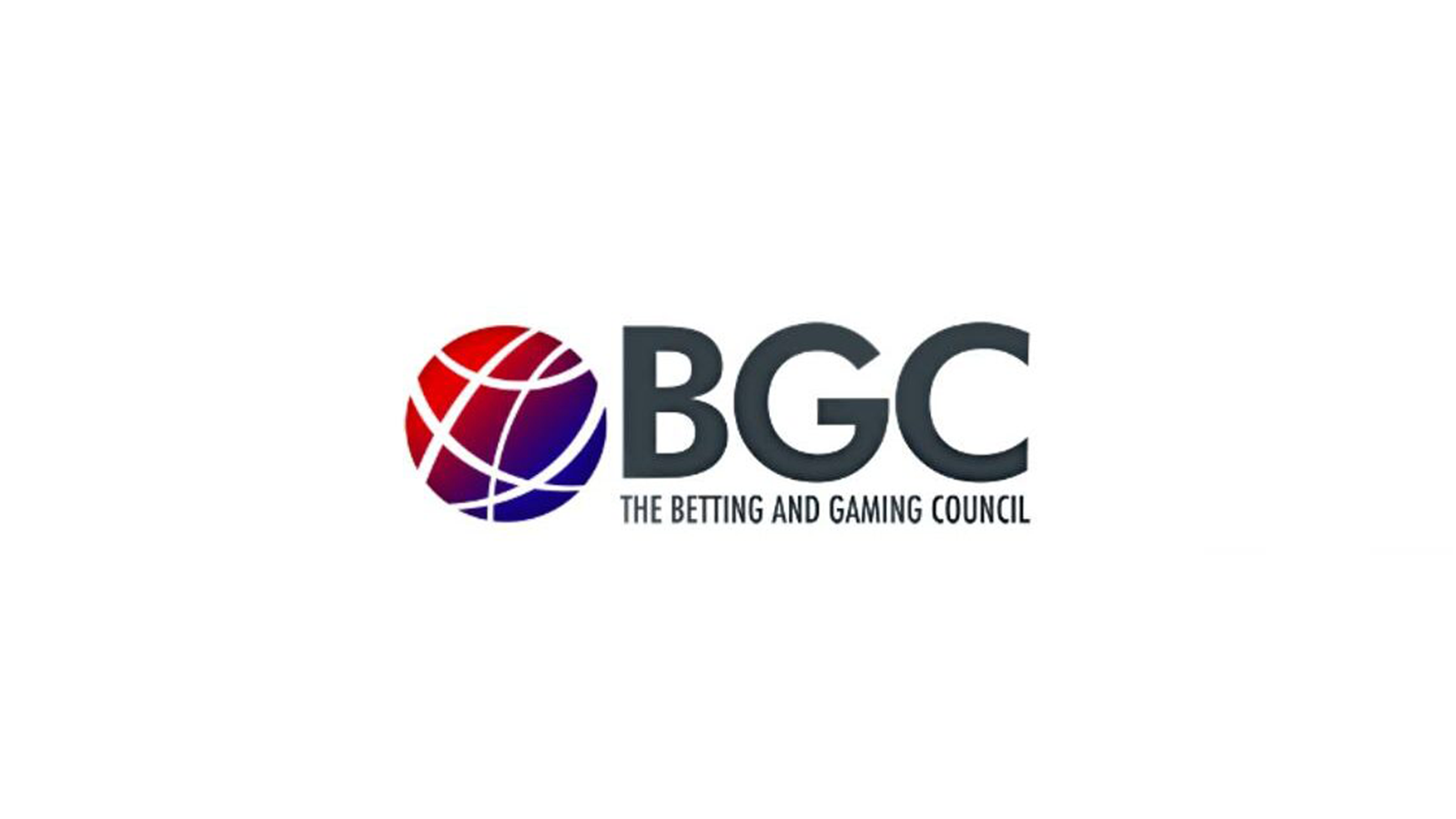BGC’s Alert: UK Gambling Tax Risks

The Betting and Gaming Council (BGC) has voiced its concerns to the UK Chancellor, cautioning against the implementation of a proposed gambling tax simplification measure. The BGC warns that such a move could lead to increased taxes, posing a threat to various sports, notably horse racing.
The Tax Proposal and Its Implications
In the Autumn Statement, the UK Government revealed plans to consolidate remote betting into a single tax, replacing the current three-tax structure. While general betting duty and pool betting duty stand at 15% of operator profits, the remote gaming duty, applicable to online casino games, is set at a higher rate of 21%.
Any potential hike in betting duty could have severe consequences, including reduced margins on racing, fewer promotional offers for punters, and diminished funding for sponsoring and promoting the sport. This threat comes at a time when industry revenues are already strained due to affordability checks on customers, plans for a new statutory levy to address gambling-related harm, and rising costs for operators supporting horse racing.
Michael Dugher, Chief Executive of the Betting and Gaming Council, expressed his concerns, stating, “Any further new tax rises could be a hammer blow for horse racing’s finances, which are already threatened thanks to measures proposed by the Government in the recent white paper.”
Industry Response and Projections
The proposed tax simplification plan follows the Government’s White Paper from April, which outlined measures costing online operators over £895 million in Gross Gambling Yield. Bookmakers, including major players like Entain, Flutter, bet365, 888/William Hill, and Betfred, anticipate a record increase in costs for broadcasting races.
In 2022, BGC members paid £270.1 million for the rights to live stream races, with forecasts indicating an increase to £285.3 million in 2023 and a further rise to £315.2 million in 2024. These rising costs add pressure to an industry already contributing significantly to British horse racing, with BGC members directly contributing £384 million in levy, media rights, and sponsorship deals last year.
The Decline in Horse Racing Popularity
Horse racing, the second-largest sport in the UK after football, has witnessed a decline in popularity. While over five million people attend approximately 1400 fixtures annually across 59 racecourses, participation in horse race betting has dropped from 17% in 2007 to 10% in 2018.
The Department for Culture, Media and Sport has committed to reviewing the Horseracing Levy by next year. Administered by the Horserace Betting Levy Board, this levy aims to enhance the sport, support breeding, and boost veterinary care.
Industry Contributions and Challenges
Betting shops, supporting 42,000 jobs on high streets, contribute £800 million annually in taxes to the Treasury and £60 million in business rates to local councils. However, recent regulatory reforms and Covid lockdowns have led to the closure of over 2000 shops, resulting in the loss of 10,000 jobs since 2019.
The wider regulated betting and gaming industry plays a substantial role in the economy, contributing £7.1 billion, generating £4.2 billion in tax, and supporting 110,000 jobs. Despite this, the BGC emphasizes the need for the Government to implement changes carefully to avoid pushing customers toward unsafe gambling in the unregulated online market.
Safeguarding Against the Black Market
A study by PwC highlights the growing number of customers using unlicensed betting websites, which has surged from 210,000 to 460,000. Billions are being staked in this unregulated sector. With approximately 22.5 million adults in Great Britain placing bets each month, there is a concern about the potential rise in problem gamblers, estimated at 0.4% of the adult population, according to the most recent NHS Health Survey for England.
As the industry navigates potential reforms, the balance between taxation, industry sustainability, and responsible gambling practices remains crucial for the future of the UK’s betting and gaming sector.
FAQs:
How might the proposed gambling tax simplification impact horse racing?
The simplification could lead to increased taxes, potentially reducing margins on racing, promotional offers for punters, and funding for the sport.
What are the concerns raised by the Betting and Gaming Council regarding tax reforms?
The BGC is concerned that the reforms could serve as a Trojan Horse to further raise taxes on businesses, risking jobs, and undermining the competitiveness of British horse racing.
What is the current three-tax structure for remote betting?
The general betting duty and pool betting duty are set at 15%, while the remote gaming duty for online casino games is set at 21%.
How much did BGC members contribute to British horse racing in 2022?
BGC members contributed £384 million to British horse racing last year through levy, media rights, and sponsorship deals.
What is the forecast for the cost increase of broadcasting horse races in the coming years?
The cost is expected to rise from £285.3 million in 2023 to £315.2 million in 2024, according to estimates from major bookmakers.
Why is the popularity of horse racing in decline despite its significant annual attendance?
Participation in horse race betting has declined from 17% in 2007 to 10% in 2018, reflecting a shift in popularity over the years.
What is the role of the Horseracing Levy, and why is it under review?
Administered by the Horserace Betting Levy Board, the levy supports the improvement of the sport, breeding, and veterinary care. It is under review by the Department for Culture, Media and Sport.
How have recent regulatory reforms and Covid lockdowns affected betting shops in the UK?
Over 2000 betting shops have closed, resulting in the loss of 10,000 jobs since 2019 due to the combined impacts of regulatory reforms and Covid lockdowns.
What contributions does the wider regulated betting and gaming industry make to the UK economy?
The industry contributes £7.1 billion to the economy, generating £4.2 billion in tax and supporting 110,000 jobs.
What does the PwC study reveal about the use of unlicensed betting websites?
The study shows a significant increase, from 210,000 to 460,000 customers, using unlicensed betting websites, raising concerns about the growth of the unregulated gambling black market.
Recommended Posts

Discover iGaming Opportunities in Malta
July 26, 2024

Buffalo’s Wealth Slot Game by 1spin4win
July 26, 2024

Mobile Payments in iGaming
July 26, 2024



